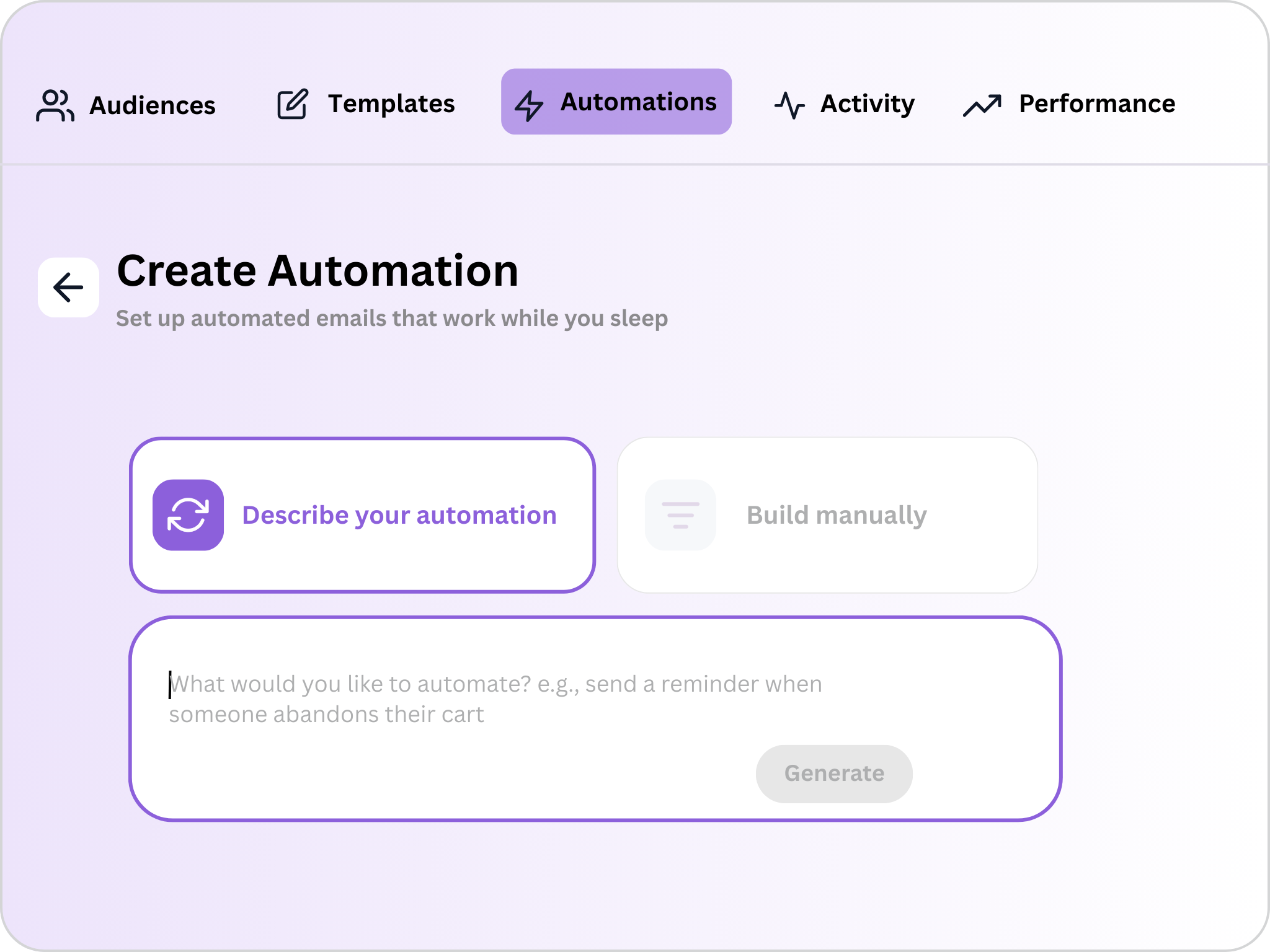How AI tools can help you manage and grow your B2B eCommerce business

Running a B2B eCommerce shop is no easy task. From handling customer inquiries to managing inventory, creating marketing campaigns, and maintaining product data, there’s always something demanding your attention. The good news is, AI tools are here to help lighten the load.
Artificial Intelligence isn’t just for futuristic tech companies—it’s already transforming the way businesses operate. Whether you’re looking to streamline repetitive tasks, analyze complex data, or come up with creative ideas, there’s an AI tool out there designed to help.
Let’s explore how the most popular AI tools can make your life easier, plus some examples of how they can tackle everyday challenges in your B2B eCommerce business.
Popular AI Tools for business owners
Here’s a quick list of well-known AI tools that can help with a variety of business tasks:

ChatGPT by OpenAI – A conversational AI tool great for generating content, answering questions, and brainstorming ideas.

Google Gemini – Similar to ChatGPT, Bard specializes in handling real-time data queries and providing insightful recommendations.

Microsoft Copilot – Built into Microsoft 365, it helps automate tasks in Excel, Word, and Outlook, making it a go-to for data-heavy tasks.

Jasper – A content creation powerhouse for crafting marketing copy, social media posts, and product descriptions.

GrammarlyGO – Beyond grammar correction, it uses AI to rephrase, simplify, and generate written content efficiently.
Tableau with AI – Great for creating visual reports and analyzing data for trends, making it perfect for understanding customer behavior.
Each of these tools brings unique strengths, and many can integrate seamlessly with your existing systems, like your B2B eCommerce platform.
How AI can change B2B eCommerce operations
1. Managing product information and Excel files
Handling large tables with product data—prices, SKUs, descriptions—can be tedious. AI tools can clean, organize, and even enrich your data quickly.
- Use case: You have 500 SKUs in an Excel sheet, and some rows have missing descriptions or inconsistent pricing. Tools like Microsoft Copilot or ChatGPT can fill in the gaps, reformat tables, or bulk-generate missing information.
Prompt Example:
- “Organize this product table by category, ensure no prices are missing, and standardize the descriptions to be under 50 words.”
2. Automating B2B email marketing
AI tools like Jasper and Mailchimp’s Smart Campaigns can create personalized email campaigns tailored to different customer segments.
- Use case: You want to re-engage customers who haven’t ordered in the past three months. AI can analyze purchase history and suggest personalized offers.
Prompt Example:
- “Write a follow up email for customers who haven’t purchased in 90 days, offering them a 10% discount.”
3. Streamlining B2B inventory banagement
AI powered tools like Zoho Inventory and TradeGecko analyze sales trends, predict demand, and help you avoid overstocking or running out of key products.
- Use case: You need to know which products are likely to sell out next month based on historical data.
Prompt Example:
- “What reorder quantities do I need for my top 10 products to meet demand next month?”
4. Enhancing customer support
AI chatbots can handle routine customer inquiries, such as order status or product availability, while you focus on more complex issues.
- Use case: Automate FAQs on your website using AI tools like Zendesk AI or Intercom.
Prompt Example:
- “Create a chatbot response for: ‘What’s the minimum order quantity for bulk purchases?’”
5. Optimizing B2B pricing strategies
Dynamic pricing tools like Competera or Google Sheets with AI scripts can suggest optimal pricing for products based on market trends and competitor analysis.
- Use case: You want to stay competitive without sacrificing margins.
Prompt Example:
- “Analyze my competitors’ prices and suggest an optimal price range for these 20 products.”
6. Crafting better product descriptions
AI can help you create SEO-friendly, engaging product descriptions in bulk. Tools like ChatGPT and Jasper excel in this area.
- Use case: You’re launching a new product line and need unique descriptions for each item.
Prompt Example:
- “Write a product description for a 100% organic cotton tablecloth emphasizing durability and eco-friendliness.”
7. Visualizing trends and customer behavior
AI tools like Tableau or Google Analytics Insights can analyze customer behavior and present trends visually.
- Use case: You want to understand which products are performing best in specific regions.
Prompt Example:
- “Create a sales heatmap showing product performance by region over the past quarter.”
Why AI + B2B eCommerce platforms are a perfect match
Your B2B eCommerce platform already handles the heavy lifting of online transactions, inventory tracking, and customer data. But when you layer AI tools on top, you unlock new possibilities:
- Automating repetitive tasks
- Gaining deeper insights into your operations and customers
- Scaling marketing efforts without additional overhead
For example, platforms like Turis make it easy to integrate AI driven analytics or automation, giving you a powerful toolkit to streamline B2B operations and boost eCommerce sales.
Start small, Think BIG
The key to using AI for your B2B eCommerce shop is starting small. Identify one or two pain points—managing product data, email marketing, or inventory—and let AI take over. As you see the benefits and learn how to use the different AI tools, start expand its role to other areas of your business.
AI isn’t just a tool for large enterprises—it’s a resource that any small or medium sized business owner can use to save time, reduce costs, and grow smarter. With tools like ChatGPT, Jasper, Microsoft Copilot, and more, the possibilities are endless.
Your B2B eCommerce shop is ready to run more efficiently. The only question left is: What will you ask AI to help you with today?
Related articles
START FREE TRIAL
Start generating more B2B orders today
Get a free preview. Import products from your B2C store

